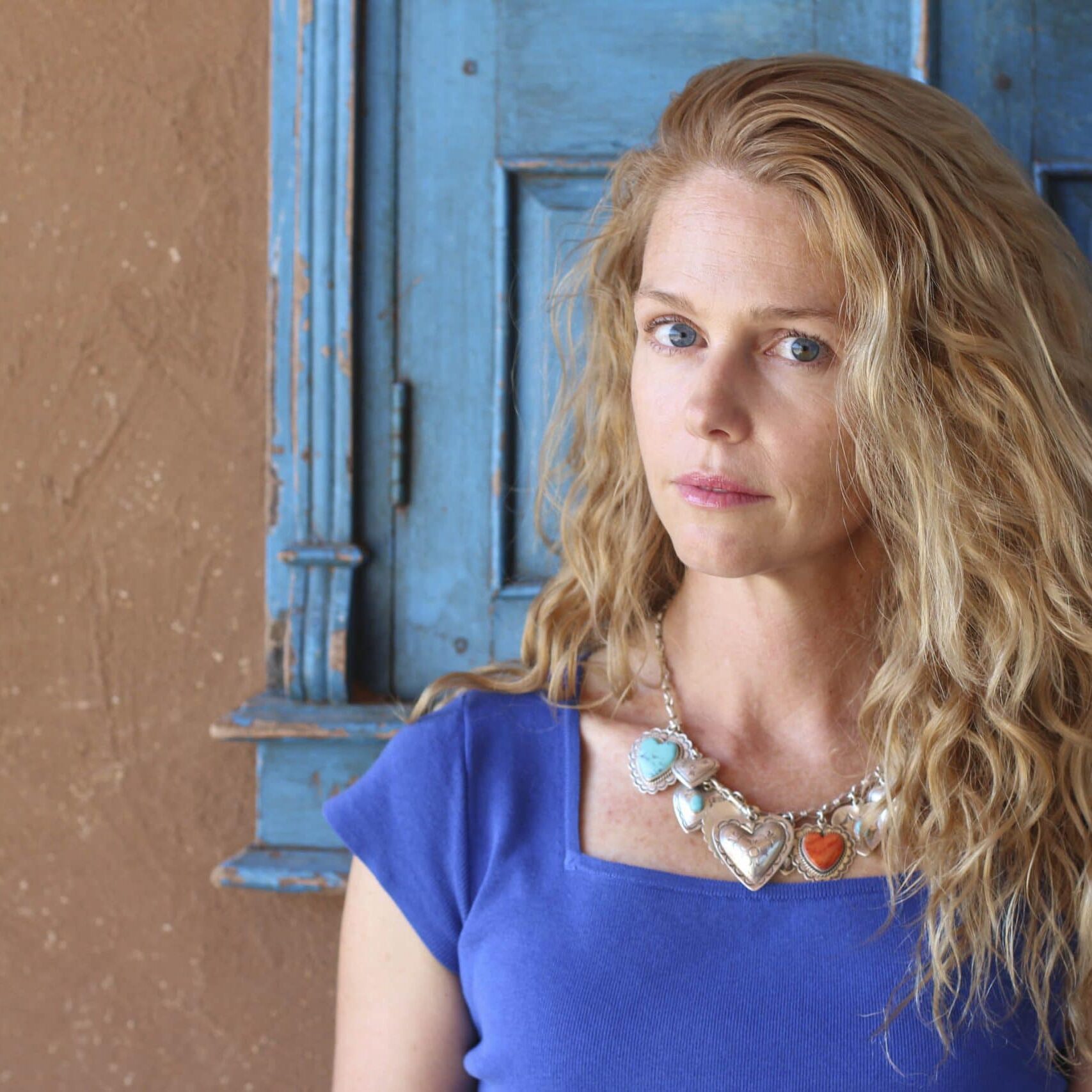Our people
If it is in our power to prevent something bad from happening, without thereby sacrificing anything of comparable moral importance, we ought, morally, to do it.
Peter Singer, Australian moral philosopher and professor at Princeton University
Board of Directors
Our Board of Directors provides the oversight, accountability, wisdom, guidance, and networking that any non-profit, service-focused organization needs to be successful, sustainable, effective, and respected. Our Board is comprised of distinguished leaders in both international relief and development, and in development ethics, as described below:
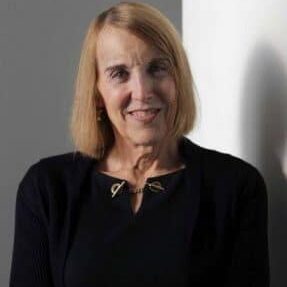
Chloe Schwenke
Chair
Dr. Chloe Schwenke is an international development ethicist, practitioner, human rights activist, researcher, and educator. Her career has focused on gender equality & social inclusion (GESI), LGBTQ+, governance, peacebuilding, and human rights. In addition to her wide range of policy, programming, research, and advocacy work on LGBTQ+ issues, her GESI experience includes policy, project, and research work on GBV, child marriage, male engagement, and women’s role in peacebuilding. Her experience in conflict mitigation and peacebuilding includes conflict vulnerability analyses, peacebuilding programming and evaluation, and community-driven/participatory development in post-conflict settings (Somalia, South Sudan, Gaza Strip).
Chloe’s career covers project experience in over 40 countries. She served as a political appointee at USAID under the Obama Administration, as Senior Advisor on democracy, human rights, and governance in sub-Saharan Africa, and on LGBTQ+ issues globally. Later she was VP for Global Programs at Freedom House, and then she did a one-year grant at ICRW to direct research on social inclusion, GBV, male engagement, and child marriage. She currently serves as an adjunct professor at the McCourt School of Public Policy at Georgetown University in Washington, DC, and as adjunct lecturer at the School of Public Policy at the University of Maryland at College Park.
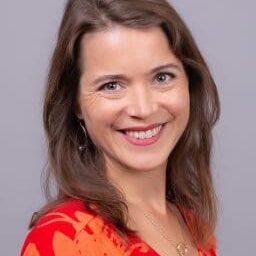
Stacy Kosko
Vice Chair
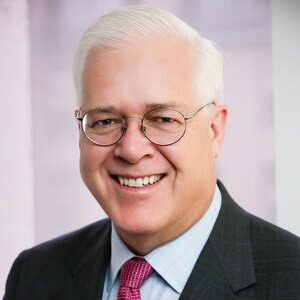
Charles Cadwell
Secretary
Chas has a law degree from George Washington University and a BA from Yale College. He has worked in the White House Office of Consumer Affairs, the Office of Advocacy at the U.S. Small Business Administration, in private law practice, and in private business.
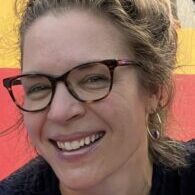
Victoria Stanski
Treasurer
Over the past 20 years, Victoria Stanski has designed and implemented peace building and
humanitarian programming in conflict-affected countries, including Syria, Lebanon, Turkey,
Yemen, Egypt, Nigeria, Afghanistan, and Pakistan. In these country offices, she served in senior
management roles with international organizations including Mercy Corps, International Rescue
Committee, Danish Refugee Council, and others to expand their funding portfolio to scale
humanitarian response. A central pillar of her work was facilitating collaboration across multi-
sectoral, multi-functional, and multi-cultural teams to identify and achieve common goals. Victoria currently serves as Humanitarian Strategy Lead with Save the Children International to facilitate organizational change management to achieve global humanitarian ambitions. Victoria studied Cultural Anthropology and African Studies at Smith College in Northampton, MA and International Peacebuilding and Conflict Resolution at American University in Washington, DC.
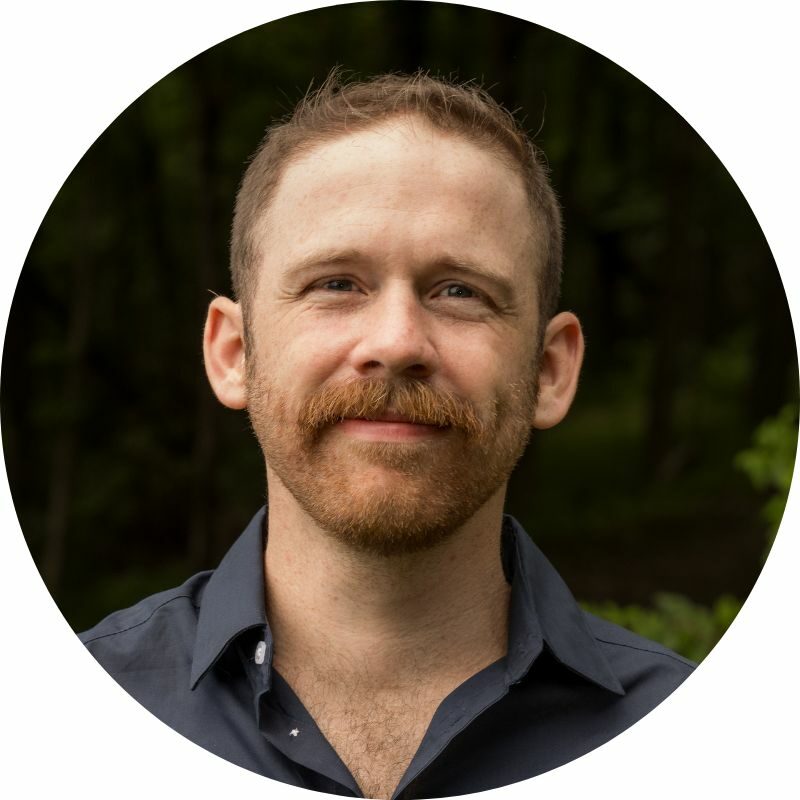
Troy Caruana
Troy Caruana is a bilingual international development practitioner, proficient in English and French. Currently serving as a program manager at the Karuna Center for Peacebuilding, Troy brings almost a decade of experience in the field. Troy previously served as the Program Director for the Center for Values in International Development (C4V) where he worked with
senior leadership to establish C4V’s programs, services, and communications, as well as helping to shape the organization’s mission, vision, and strategic approach. He has worked with various organizations such as the Brookings Institution, Rising Academy Network, and Peace Corps Benin (2016-19).
His practical experience is informed by his M.A. in Global Human Development from
Georgetown University’s School of Foreign Service, as well as a B.A. in French and Philosophy with a concentration in applied ethics from SUNY Buffalo State. Troy's professional and educational career has consistently emphasized the integration of applied ethics and dialogue into development and humanitarian practices to foster more just, equitable, and sustainable development processes and outcomes.
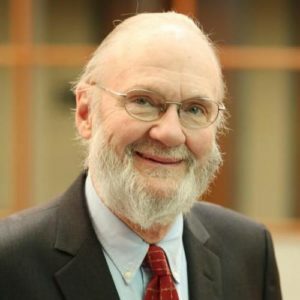
David Crocker
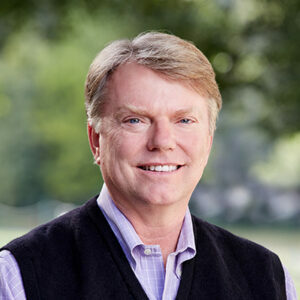
Dana Hovig
Dana has spent nearly 10 years living and working in Pakistan and Francophone West Africa, including with the Peace Corps in Togo (2 years) and in Northern Mali (3 years). He holds a master’s of science in international political economy from the London School of Economics and Political Science, and a bachelor’s of arts degree in economics from the University of Notre Dame. He speaks French and some Spanish, and currently resides in Portugal.
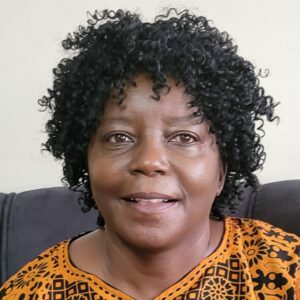
Pauline Muchina
Dr. Pauline Muchina, originally from Rift Valley Province in Kenya, came to the U.S. for studies that culminated in a Ph.D. in 2000. Now based in Washington, DC, she currently serves as the Policy, Education, and Advocacy Coordinator for Africa at the American Friends Service Committee, as well as chairing the COVID-19 Working Group at the Advocacy Network for Africa. Earlier in her career, she served for over seven years as the Senior Partnership Advisor for UNAIDS. She also serves on several boards and advisory groups including the Global Room for Women; Jubilee USA; and the Center for Health and Hope. Pauline is the founder of Future African Leaders’ Project, designed to support promising African youth who face serious challenges in getting an education and maintaining their health. In 2011, Pauline received the United Methodist Church Global Leadership Award. In 2014, the Huffington Post honored Pauline as one of 50 women powerful international religious leaders. She holds a master’s degree from the Yale University Divinity School and a Ph.D. from the Union Theological Seminary in New York City.
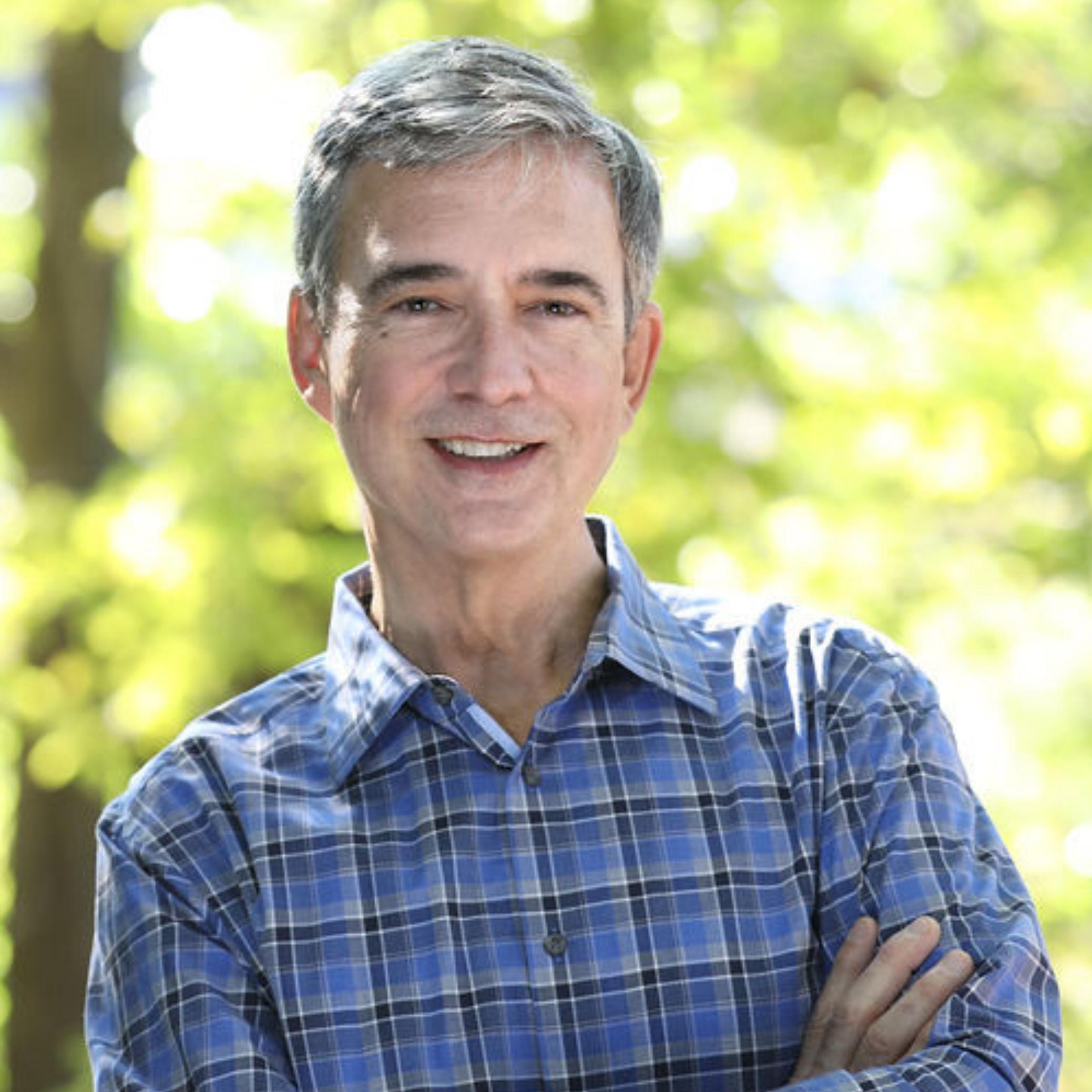
Russ Webster
Russ Webster has a long career promoting the private sector as a key driver for economic growth, poverty reduction, and food security. In over 40 countries across Asia, Africa, Eastern Europe, and Latin America, his work has ranged from designing and managing agriculture research, extension, and rural finance programs overseas, to evaluating project impact, to advising international donor agencies and foreign governments on how to structure policy priorities, regulatory frameworks, and programs that mobilize private capital and incentivize economic growth. Having established his reputation as a strategic thinker, effective executive leader, solid team player, creative program design expert, and articulate advocate for global trade and development, Russ has turned his focus now on reducing hunger, malnutrition, and poverty by strengthening the commercial viability of micro-, small-, and medium-sized enterprises, and making them the drivers for sustainable, healthy, and accessible food systems.
Expert Advisory Group
The Expert Advisory Group provides regular support, guidance, technical insights, best practices, and inspiration to the staff of C4V. As with the Board, the Council is also comprised of an intentional blend of prominent development ethicists and philosophers, a graduate student in international development studies, and several highly experienced international relief and development practitioners, as described below:
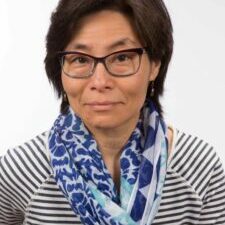
Su-ming Khoo
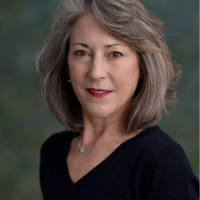
Jess Ogden
Dr. Jessica Ogden currently serves as the Director of External Relations at the International Center for Research on Women (ICRW). In this role, she oversees the business development team, and communications and fundraising professionals, to build strong stakeholder relationships and visibility across ICRW and its community. Jessica has been working as a social anthropologist in international development for over 25 years. She has published widely in the scholarly press and contributed to edited volumes on AIDS, public health ethics, and on gender and tuberculosis. She has a Ph.D. in Social Anthropology from the University of Hull in the UK.
From 2008–2014, Jess operated her own consultancy firm, conducting research and analysis, as well as writing on gender and global public health. From May 2002 to early 2008, she worked at ICRW as a Senior Technical Specialist in the HIV/AIDS and Development Unit, and as the Senior Technical Adviser to the President. During that period, she led research on a range of topics, including HIV-related stigma, HIV prevention policy and gender. Between 1995 and 2001, she was on the staff of the London School of Hygiene & Tropical Medicine, where she served as Lecturer, then Senior Lecturer, in Social Anthropology.
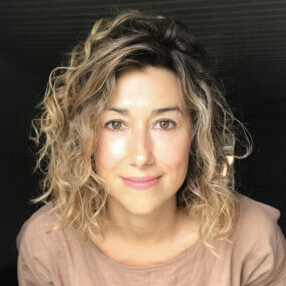
Sanja Pesek
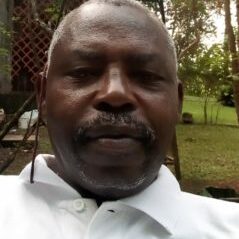
Byaruhanga Rukooko Archangel
Senior Staff
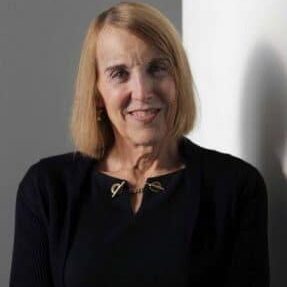
Chloe Schwenke
President
Dr. Chloe Schwenke is an international development ethicist, practitioner, human rights activist, researcher, and educator. Her career has focused on gender equality & social inclusion (GESI), LGBTQ+, governance, peacebuilding, and human rights. In addition to her wide range of policy, programming, research, and advocacy work on LGBTQ+ issues, her GESI experience includes policy, project, and research work on GBV, child marriage, male engagement, and women’s role in peacebuilding. Her experience in conflict mitigation and peacebuilding includes conflict vulnerability analyses, peacebuilding programming and evaluation, and community-driven/participatory development in post-conflict settings (Somalia, South Sudan, Gaza Strip).
Chloe’s career covers project experience in over 40 countries. She served as a political appointee at USAID under the Obama Administration, as Senior Advisor on democracy, human rights, and governance in sub-Saharan Africa, and on LGBTQ+ issues globally. Later she was VP for Global Programs at Freedom House, and then she did a one-year grant at ICRW to direct research on social inclusion, GBV, male engagement, and child marriage. She currently serves as an adjunct professor at the McCourt School of Public Policy at Georgetown University in Washington, DC, and as adjunct lecturer at the School of Public Policy at the University of Maryland at College Park.
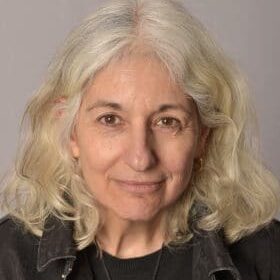
Anna Malavisi
Vice President
Senior Advisors
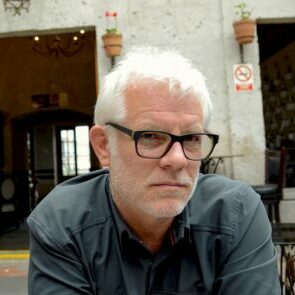
Tom Hilde
Senior Advisor for Environmental Ethics
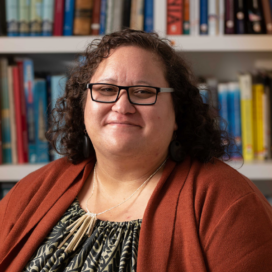
Krushil Watene
Senior Advisor on Indigenous Peoples
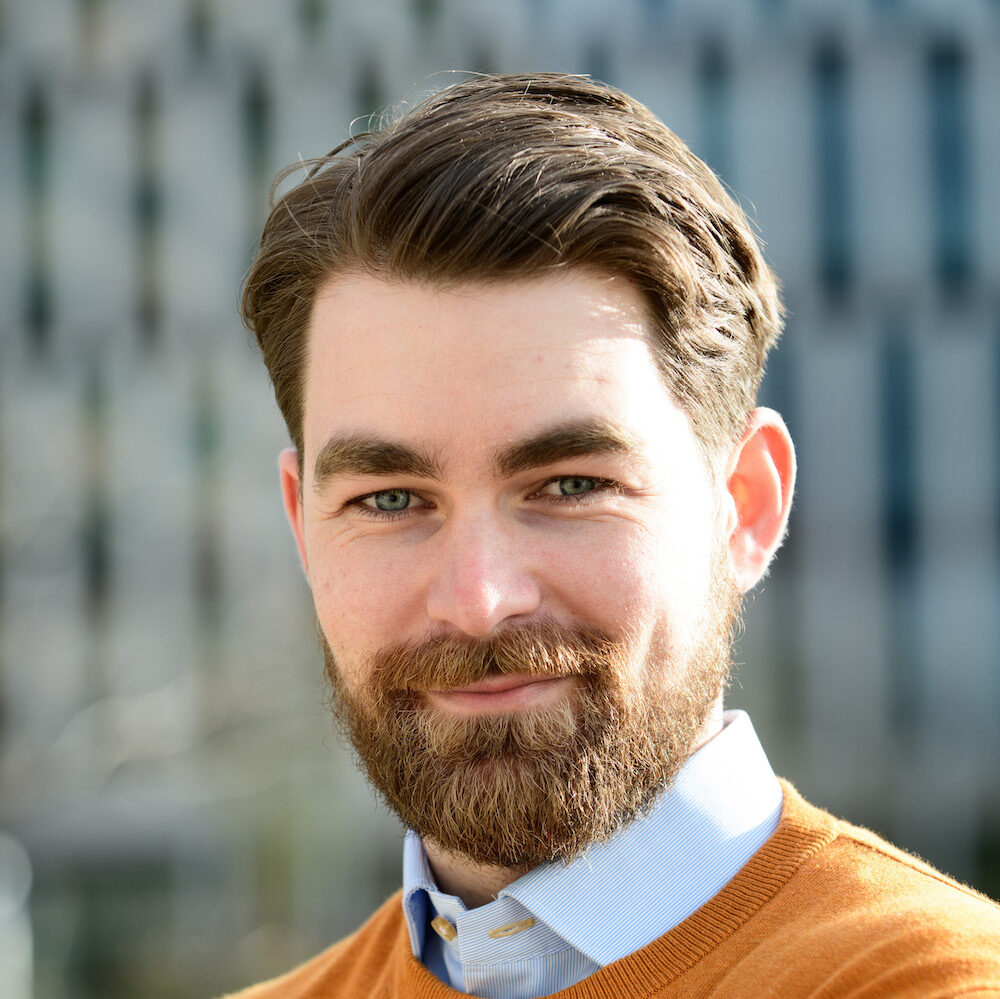
J.B. (Joris) Krijger
Senior Advisor on A.I. Ethics
